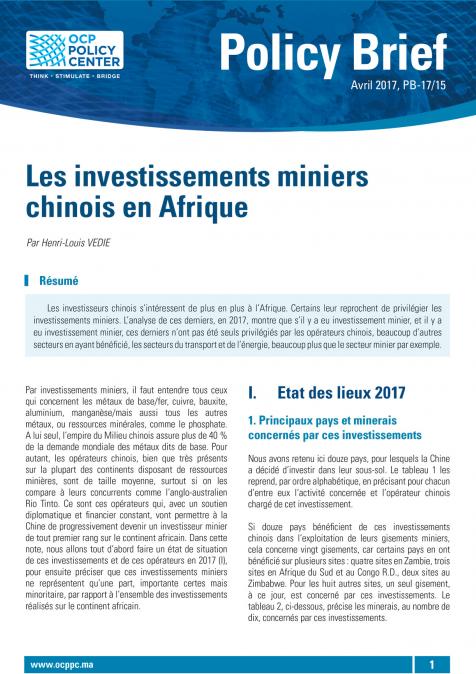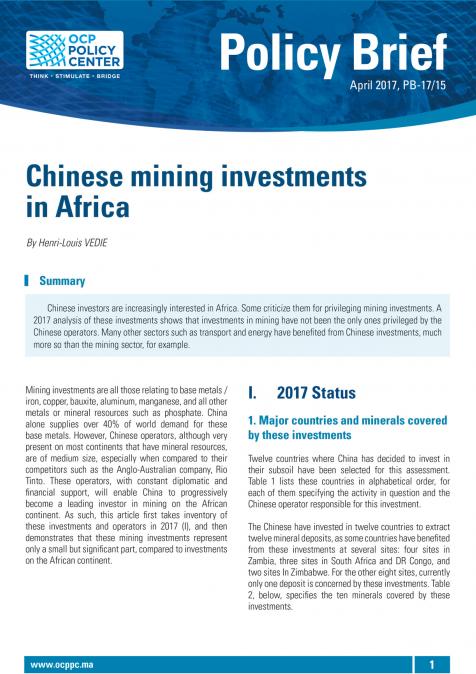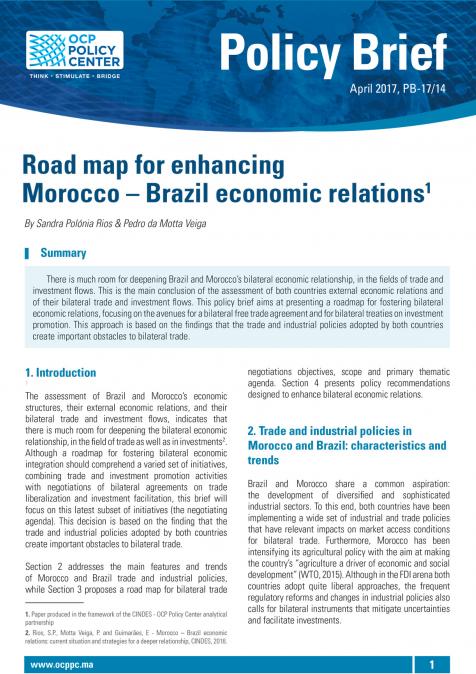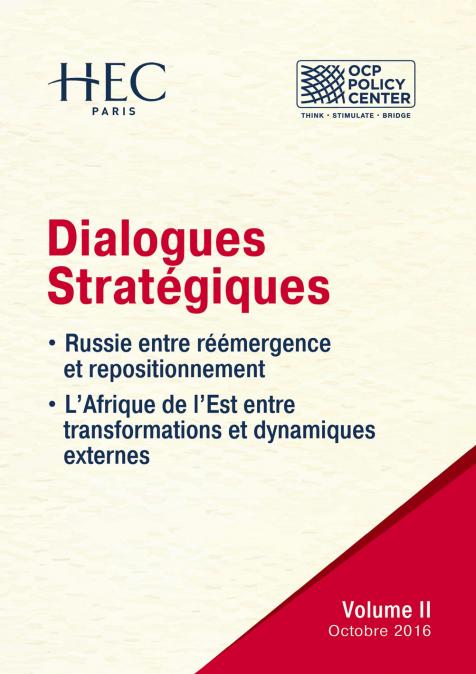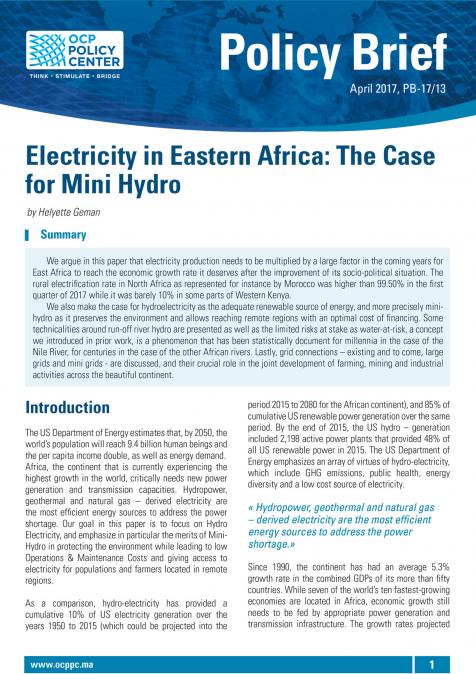حديث الثلاثاء : الانتفاضة الشعبية في إيران : قراءة في أساليب الاحتجاج والتعبئة بين العنف والصمود
تواصل مجموعة من المحافظات الإيرانية احتجاجاتها إثر وفاة الشابة مهسا أميني بعد اعتقالها من قبل شرطة الأخلاق. هذه الحركة الاحتجاجية التي تشهدها إيران ليست الأولى على الرغم من التضييق المستمر على الحقوق والحريات في البلاد، إذ دأب الإيرانيون منذ تسعينيات القرن الماضي أن يخرجوا في مظاهرات ومسيرات احتجاجية رفعت مطالب سياسية اقتصادية أحيانا، وحقوقية أحيانا أخرى، دفاعا عن هامش الحقوق والحريات ومطالبة بتحسين ظروف العيش. الآن ونحن أمام انتفاضة شعبية نلمس فيها كذلك قوة تواجد ومشاركة النساء الإيرانيات أمام أساليب المواجهة والعنف والخطابات التي يلجأ إليها النظام عادة لإخماد التظاهرات.
سنحاول خلال هذه الحلقة أن نعود إلى سياق الاحتجاجات في إيران من خلال طبيعة النظام وانعكاساته على الاقتصاد والمجتمع، سياق التطلعات الديمقراطية لإيران واستنفادها، الحركات الاجتماعية الماضية وامتداداتها ثم أنماط الريادة،التعبئة والدعم وأي مصير ينتظر إيران اليوم؟





